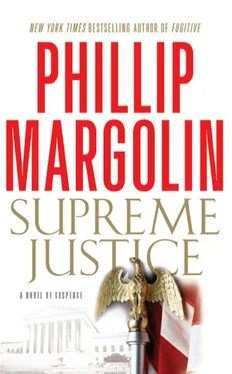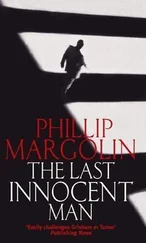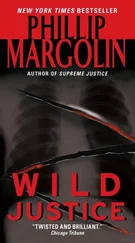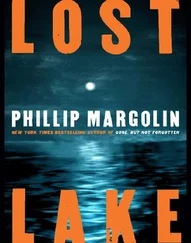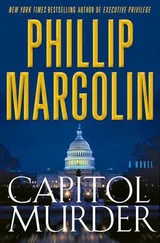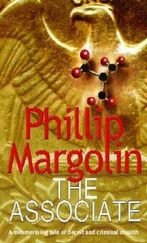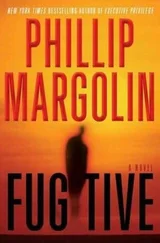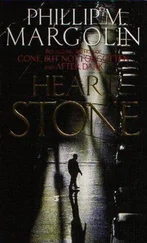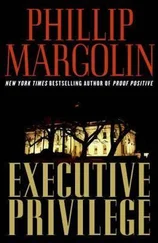“Can you get me Miss Lezak’s records? I’d like to ask her parents if they’ve talked with her recently.”
“Harriet is an orphan. An aunt raised her, but I think she passed away, too. That’s why she had to work her way through.”
“Did she have any close friends, a boyfriend?”
“I don’t know anything about her social life.”
“When is the last time you saw Miss Lezak?”
“At graduation, but I didn’t speak to her very much. I did have a very nice chat with her when I relayed Justice Price’s offer of the clerkship.”
“How did she react?” Daphne asked.
“She was stunned, literally speechless. I told her she would have to go to Washington and interview with Justice Price. She was very excited. She’d never been out of the Midwest. She was concerned about one thing. She’d accepted an offer from a very good firm in Chicago, but I assured her that any firm would gladly defer her job for a year if she was clerking at the Court. I even offered to call the firm. I’m a personal friend of one of the senior partners.”
“I’ll call Washington to find out if Miss Lezak is working at the Court,” Daphne said, “but I’d like to get as much background as I can before I do that. Do you think there’s anyone at the law-review office who knew her-another student or a professor?”
“Let me call the law-review office,” Ostgard said.
Ten minutes later, a tall, attractive blonde dressed in jeans and a forest green cable-stitch sweater was ushered in by the dean’s secretary.
“Ah, Gayle. Thanks for coming. Have a seat,” Ostgard said. “Detective Haggard, this is Gayle Blake, one of our shining stars.”
The young woman’s smile vanished when she heard that Daphne was with the police. Ostgard laughed.
“Not to worry,” he assured Blake. “You’re not in any trouble. Detective Haggard needs to ask you some questions about Harriet Lezak.”
“She graduated,” Blake said.
“I know that,” Daphne said. “And you don’t have to worry about getting her in hot water. This conversation will stay here. I don’t plan on writing a report about it. What I’m interested in is background. For instance, how well did you know her?”
“Not well, and I can’t think of anyone who did. Harriet worked very hard, and she always completed her assignments on time, but she didn’t socialize.”
“No beers after putting the review to bed?”
“She wasn’t a hermit. She joined the staff when we went out for a group dinner or, like you said, a beer. But she was quiet, kept to herself. I know she spoke up on occasion. She had political views. But I honestly can’t remember anything she said, not one conversation. Oh, she did run a lot. It was her way of blowing off steam. She’d run for miles on the trails behind the campus.”
“So there was nothing wrong with her legs?”
Blake’s brow furrowed. “You know, she did mention a biking accident once. We were talking about working out. I do a lot of cardio in the gym. She said she used to ride a bicycle, but she broke her leg a few years back and decided that running was safer.”
“What about boyfriends or just friends?” Daphne asked.
“I never saw her with a boy where it looked romantic. She had a study group: some of the other third-years on the review. Oh, and I did see her walking around campus with a woman on a few occasions toward the end of the term. They looked friendly. Actually, now that I think about it, Harriet and this woman looked very similar, like sisters. So maybe she was a relative.”
Brad waved to Keith Evans as soon as he spotted the FBI agent. Brad had asked Keith to meet him in a neighborhood Greek restaurant a few blocks off Dupont Circle because he didn’t want anyone at the Court to know about the meeting.
“Thanks for coming,” Brad said as soon as Keith was seated across from him.
“I’ll do anything for a free meal,” Keith joked.
“On my salary?” Brad said. “And you’ll be buying me dinner when you hear what I have to tell you.”
The waiter appeared and Keith ordered Chicken Vasilikos with a side of Dolmathes. Brad asked for Spanakopita and a Greek Salad.
“I want to be up-front with you,” Brad said as soon as the waiter left. “I can’t prove what I’m going to tell you with evidence that would be admissible in court. I’m also going to ask you to promise to keep a few things I tell you to yourself and out of any report you write and to stop asking questions about any area I tell you I can’t go into.”
“OK.”
“You know how a state criminal case gets a hearing in my court, right?”
“I think so. When someone is convicted, they file appeals and keep filing them until they are turned down at the highest state level, usually the state supreme court. If they think there’s a federal issue, they file a petition for a writ of certiorari asking the U.S. Supreme Court to take up the case. How did I do?”
“A-plus. We’ve got a case out of Oregon that raises a very tricky federal issue. The defendant is on death row. She was convicted of murdering her boyfriend. While the case was in the state trial court, the defendant’s attorney tried to get evidence that would establish an alternative theory of the crime, that drug dealers and the CIA had reasons to kill the boyfriend. As part of her strategy, she issued subpoenas for the records of the CIA and other intelligence agencies. The feds blocked the attempts by invoking the state-secrets privilege. That’s the issue in the Court. Can the state-secrets privilege be invoked to prevent a defendant in a death-penalty case from securing exculpatory evidence? Are you with me so far?”
“Yes, Professor Miller.”
Brad leaned across the table. “I think Justice Moss was attacked because she interfered with an attempt by Justice Millard Price to deny the petition for cert.”
A look of incredulity spread across Keith’s face, and he put down his fork.
“Let me get this straight. You’re accusing a Supreme Court justice of hiring a hit man to kill another justice?”
“I think there’s a good possibility Justice Price had some involvement in the assassination attempt. And I think Dennis Masterson is behind the plot.”
Evans’s mouth dropped open. Then he laughed. “You are fucking kidding me! Masterson is one of the most powerful men in this town.”
“And he was the head of the CIA when the events in Oregon took place. Let me tell you everything we’ve found out.”
Keith listened intently as Brad laid out what he, Dana, and Ginny had learned about the China Sea incident and TA Enterprises.
“You’ve been a busy beaver,” the agent said when Brad finished.
“You’ve got to admit that I had a good reason for asking Dana to look into the Woodruff case.”
Keith was about to respond when his cell phone rang. He checked the caller.
“I have to take this,” he said. Keith got up and walked into the narrow hall that led to the restrooms.
“What’s up?” Keith asked Tyrone Bagley, his supervisor.
“Daphne Haggard, a homicide detective in Inverness, Wisconsin, called for the agent in charge of the investigation into the assassination attempt on Justice Moss. She was driving to the airport in Milwaukee to catch a flight to D.C. I’m going to give you her flight number and time of arrival. I want you to meet her at the airport in the morning.”
Keith fished out a pen and wrote down the information.
“What’s this about?”
“A receptionist took the message. She was going to wait to give it to you but she decided it might be important so she brought it to me.”
“And?” Keith asked.
“The message says that Haggard believes there is a good possibility that one of the clerks at the United States Supreme Court is an impostor.”
Читать дальше
